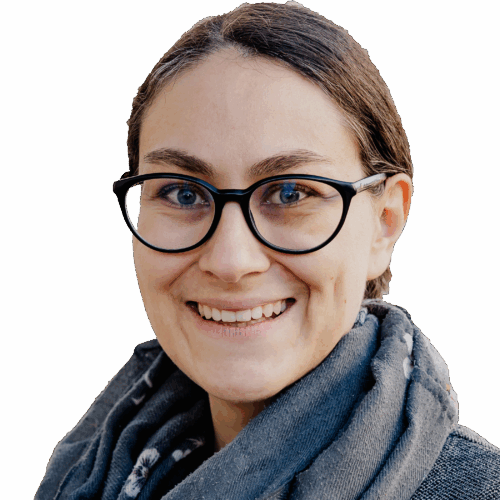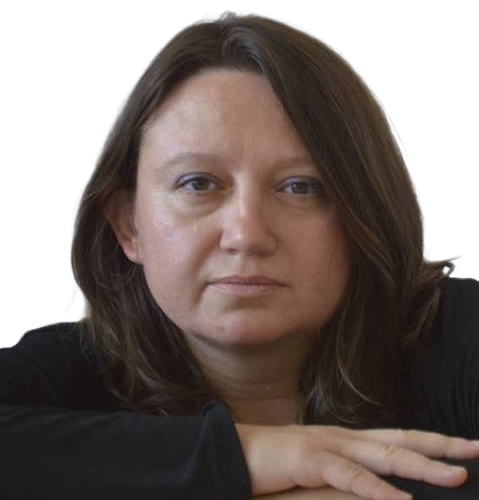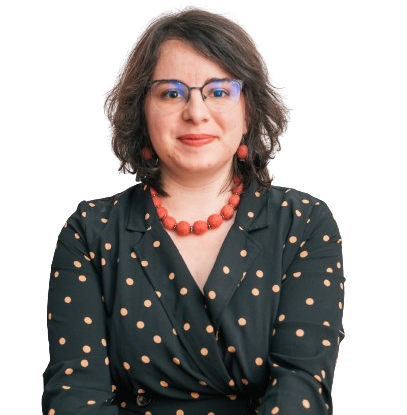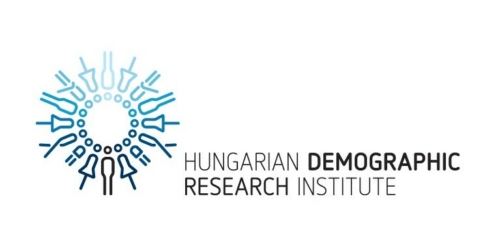Team
Our interdisciplinary team consists of researchers at six institutions, jointly implementing the project.
Team Regensburg
Leibniz Institute for East and Southeast European Studies (IOS)
The Leibniz Institute for East and Southeast European Studies (IOS) is one of the largest and longest established research institutions of its kind in Germany – its foundation dates back to 1930. Since 2017, the IOS is a member of the Leibniz Association and thus part of a leading and prestigious network of research institutions in Germany. IOS researches the history as well as the economic and political development of Eastern and Southeast Europe, with a focus on the period since around 1800 and present-day developments. Its multidisciplinary research often highlights transnational and comparative dimensions. Next to its own research, the Institute provides academic infrastructures. These include the management and publication of four international journals, two book series, a working paper series and the creation of reference works. IOS hosts one of the most important libraries specialized on East and Southeast Europe with more than 350,000 media items and providing a wide range of electronic services (digital repositories and research data portals).
 IOS/neverflash.com
IOS/neverflash.com Prof. Dr. Ulf Brunnbauer
 IOS
IOS Dr. Kathleen Randýsek Beger





 Michael Körbler
Michael Körbler 

 Michael Körbler
Michael Körbler 












